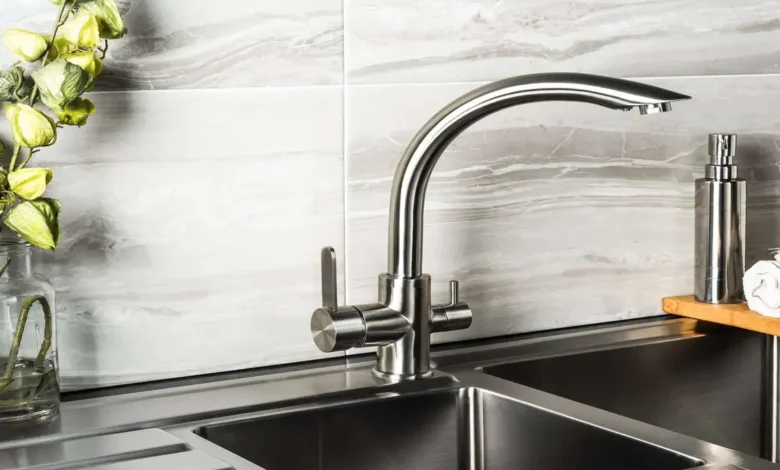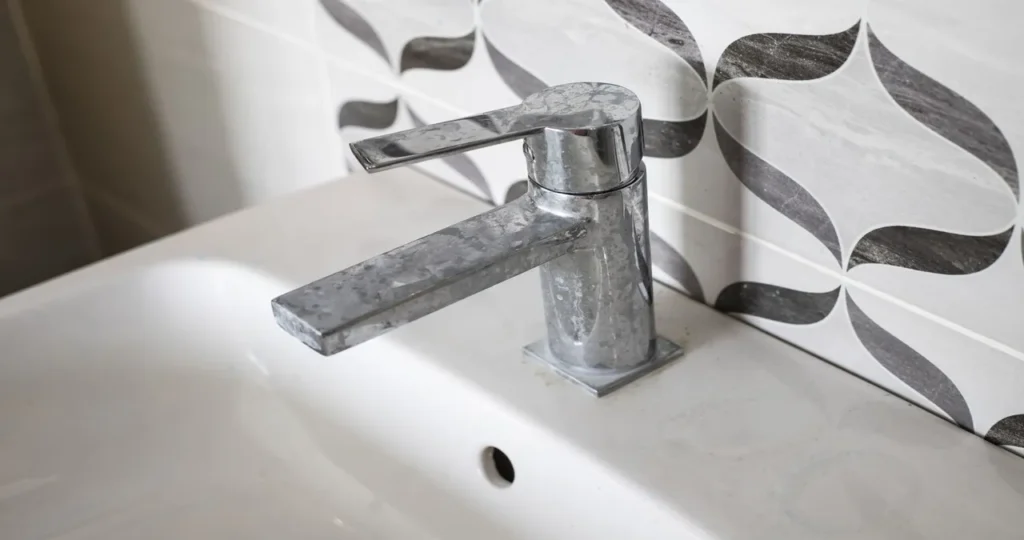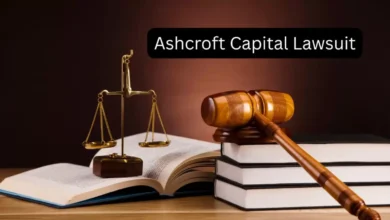Hard Water Stains: Must-Know Cleaning Hacks for Sparkling Surfaces

Introduction
Hard water stains are a common nuisance in households. They leave unsightly white, chalky deposits on faucets, shower doors, sinks, and even dishes. These stains occur due to the high mineral content of water—primarily calcium and magnesium—which dries and leaves behind stubborn residue.
If left untreated, hard water stains can dull surfaces, reduce the efficiency of appliances, and even cause permanent damage. Fortunately, with the right cleaning hacks, you can restore shine to your fixtures and prevent future buildup.
In this comprehensive guide, we’ll explore:
- What causes hard water stains
- The best DIY and commercial cleaning solutions
- Preventive measures to keep surfaces sparkling
- Expert tips for tackling tough stains
Let’s dive in!
What Causes Hard Water Stains?

Hard Water Stains contains dissolved minerals like calcium and magnesium. When water evaporates, these minerals remain, forming a crusty, white film. Common problem areas include:
- Shower doors & glass
- Faucets & showerheads
- Sinks & bathtubs
- Dishware & glassware
- Toilets
- Appliances (dishwashers, washing machines, kettles)
The longer these deposits sit, the harder they are to remove. That’s why regular cleaning and Prevention are key.
Best DIY Cleaning Solutions for Hard Water Stains
You don’t always need harsh chemicals to remove hard water stains. Many practical solutions can be made with household ingredients.
1. White Vinegar – The Ultimate Hard Water Stain Remover
How it works: The acetic acid in vinegar dissolves mineral deposits.
Method:
- For faucets and showerheads, Soak a cloth in vinegar, wrap it around the fixture, and leave it for 30 minutes. Then, Scrub with a soft brush.
- For shower doors: Mix vinegar and water in equal parts in a spray bottle. Spray, let sit for 10-15 minutes, then wipe with a microfiber cloth.
- Use undiluted vinegar and a magic eraser for tough stains for extra scrubbing power.
2. Baking Soda Paste for Scrubbing
How it works: Baking soda acts as a gentle abrasive.
Method:
- Make a paste with baking soda and water.
- Apply to stained areas and scrub with a sponge or toothbrush.
- Rinse thoroughly.
Bonus: Mix baking soda with vinegar for a fizzy cleaning reaction that loosens deposits.
3. Lemon Juice for Natural Cleaning
How it works: The citric acid breaks down minerals.
Method:
- Rub a cut lemon directly on stains or mix lemon juice with baking soda for a scrub.
- Great for faucets, sinks, and glassware.
4. Hydrogen Peroxide for Disinfecting & Cleaning
How it works: It lifts stains and kills bacteria.
Method:
- Combine with baking soda to form a paste.
- Apply to stains, let sit, then scrub and rinse.
Commercial Cleaners for Tough, Hard Water Stains
If DIY methods aren’t cutting it, these store-bought solutions can help:
1. CLR (Calcium, Lime, Rust Remover)
- Effective on heavy buildup.
- Follow instructions carefully—some surfaces may require dilution.
2. Bar Keepers Friend
- It works well on porcelain, stainless steel, and glass.
- It contains oxalic acid for deep cleaning.
3. Lime-A-Way
- Specifically targets lime scale and hard water stains.
- Great for showers and toilets.
4. Magic Erasers (Melamine Foam)
- Excellent for scrubbing without harsh chemicals.
- Works on glass, tiles, and chrome fixtures.
Preventing Hard Water Stains
The best way to deal with hard water stains is to stop them before they form. Here’s how:
1. Install a Water Softener
- Reduces mineral content in water.
- Best long-term solution for homes with severe hard water.
2. Use a Squeegee After Showering
- It prevents water spots on glass doors and tiles.
3. Dry Fixtures After Use
- Wipe faucets and showerheads with a dry cloth to prevent buildup.
4. Regular Cleaning Routine
- Weekly wipe-downs with vinegar or lemon juice keep deposits at bay.
5. Vinegar Rinse for Appliances
- Monthly, run a vinegar cycle in your dishwasher or washing machine to prevent mineral buildup.
Tackling Stubborn Hard Water Stains
Some stains require extra effort. Here’s how to handle them:
1. Heavy Shower Door Buildup
- Mix vinegar and dish soap, apply, and sit for an hour before scrubbing.
- Use a razor blade (carefully) on the glass to scrape off thick deposits.
2. Clogged Showerheads
- Soak in vinegar overnight to dissolve mineral clogs.
3. Stained Toilet Bowls
- Pour vinegar into the bowl, let it sit overnight, then scrub it with a toilet brush.
4. Cloudy Glassware
- Soak in vinegar or use a dishwasher cleaner to remove the film.
Final Thoughts
Hard water stains don’t have to be permanent eyesore. You can keep your surfaces sparkling with the right cleaning hacks—whether DIY or commercial—and Prevention is just as important, so consider water softeners and regular maintenance to minimize buildup.
Following these tips will save time, money, and frustration while keeping your home looking its best.
Do you have a favourite hard water stain removal trick? Please share it in the comments!
Here are five well-crafted FAQs to add to your article on Hard Water Stains:
FAQs on Hard Water Stains
1. Can hard water stains be permanently removed?
Yes, you can completely remove hard water stains with the proper cleaning methods (like vinegar, baking soda, or commercial cleaners). However, if your home has hard water, stains may reappear over time unless you take preventive measures like installing a water softener.
2. Are hard water stains harmful to health?
Hard water stains are not harmful, but the mineral buildup can harbour bacteria over time. Additionally, limescale in appliances (like kettles or coffee makers) may affect taste and efficiency.
3. What’s the fastest way to remove hard water stains from glass shower doors?
A mix of equal parts white vinegar and water sprayed on the glass left for 10-15 minutes, then wiped with a microfiber cloth. For tough stains, use a magic eraser or razor blade (carefully).
4. Will a water softener prevent hard water stains?
Yes! A water softener removes calcium and magnesium from water, preventing stains on fixtures, glass, and appliances. It’s the most effective long-term solution for homes with hard water.
5. Can I use bleach to clean hard water stains?
Bleach is not effective against mineral deposits—it disinfects but doesn’t dissolve calcium or limescale. For best results, stick to vinegar, lemon juice, or commercial lime removers (like CLR).





